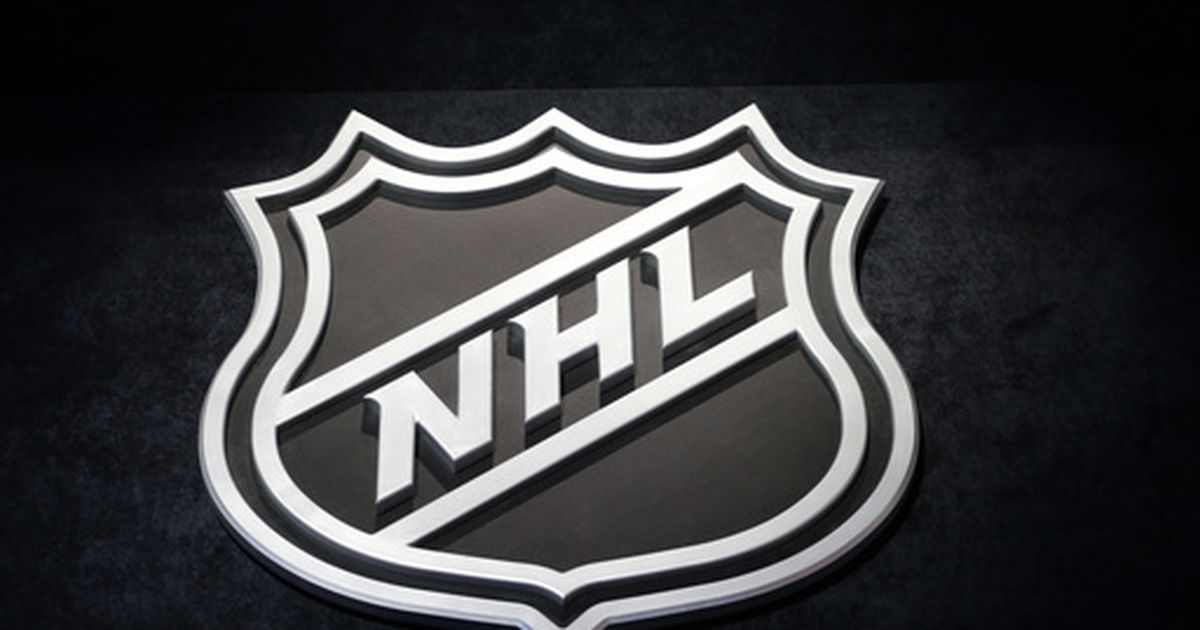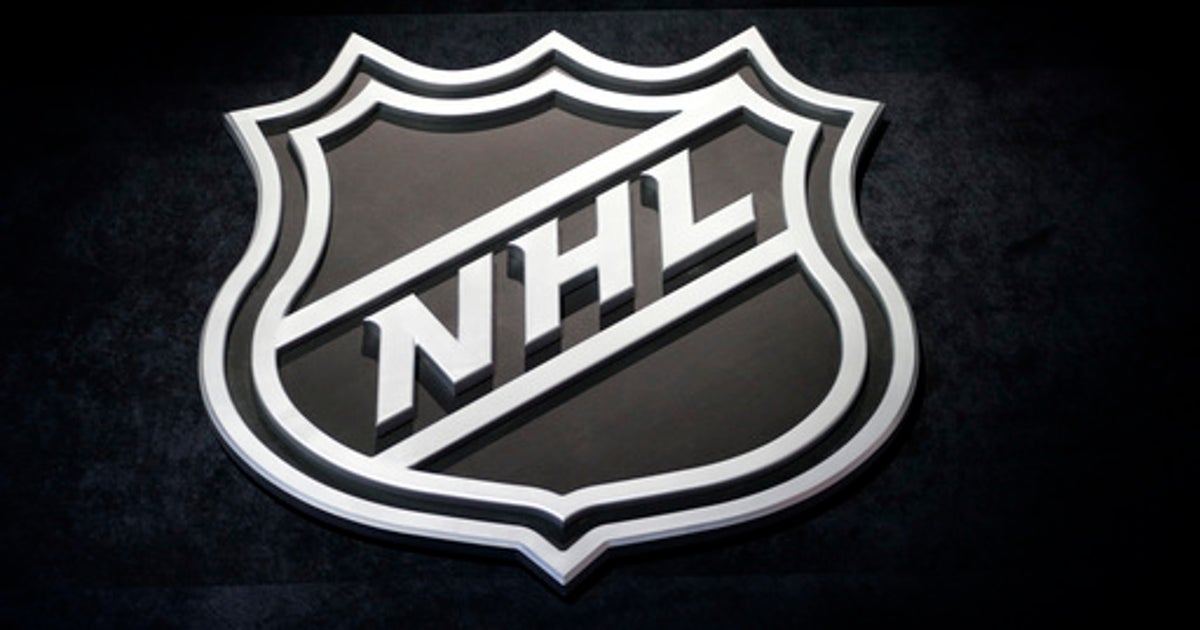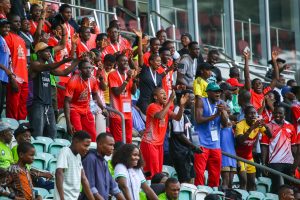Border restrictions could further complicate return of NHL


The NHL is still more than a week away from determining a return-to-play format, a person familiar with discussions told The Associated Press on Tuesday.
And what that plan resembles could be complicated further should the U.S. and Canada extend border restrictions to non-essential travel into July, the person said, speaking on the condition of anonymity because the discussions are private.
The person spoke after Canadian Prime Minister Justin Trudeau announced border restrictions will stay in effect through June 21. This marks the second time the restrictions have been extended since first being put into place March 18 because of the new coronavirus pandemic.
“I am hopeful that today’s announcement will not have a material impact on our return to play discussions and timeline,” NHL Deputy Commissioner Bill Daly wrote in an email.
Though the NHL has left open the possibility of having training camps open as late as early August, it was unclear what effect further border restrictions will have on a league with seven of its 31 teams based in Canada.
There’s also a question of how travel restrictions will affect players, many of whom have returned to their offseason homes — including about 17% of players currently self-isolating overseas.
In a separate development, the NHLPA’s executive board voted to defer the final payment of players’ regular season salaries through the end of May. Players were owed their final checks on April 15, before voting to defer those payments for a month.
The decision provides temporary relief to the NHL’s bottom line, opening the possibility of players foregoing some or the entire remainder of their final checks. The players stand to lose all or a portion of what they are owed under the collective bargaining agreement.
Players and owners split hockey-related revenue on a 50-50 basis, with a percentage of players’ salaries placed in an escrow fund. Owners can draw from the fund should their share fall below 50%, which is projected to happen this season.
Owners considered the players previous decision to defer payment as a sign of good faith. Daly declined to comment on the latest deferment, saying it’s a decision left entirely to players.
The NHL paused its season on March 12, with Commissioner Gary Bettman adamant the league intends to award the Stanley Cup, even it means extending the playoffs into September.
The decision on when and how to resume the season is being left with a committee made up of representatives of the NHL and NHL Players’ Association.
The topics of discussion include whether it’s feasible to conclude all or a portion of the regular season or go directly into the playoffs. The season was postponed with 189 games remaining and teams having played an uneven number of games.
Among the options discussed are an expanded playoff format, featuring as many as 24 teams, and the likelihood of having groups of teams gather and play games in a select number of hub cities around the continent and without fans present.
There is no set deadline as to when play must resume before the NHL considers canceling the season. Games could feasibly be played into October with the 2020-21 season potential opening in December or January.
New Jersey Devils defenseman Connor Carrick said both sides are attempting to make the best of a difficult situation.
“It’s going to be an interesting solution, and I think you embrace the novelty with it,” Carrick said.
One concern is how a potential nine-month layoff would affect players on non-playoff teams.
On Monday, veteran Devils goaltender Cory Schneider said a growing number of players are concerned the NHL will announce a “drop-dead” deadline for returning to play.
“I think that’s everyone’s concern right now,” said Schneider, the team’s union representative. “It’s a lot of guys asking is there a drop-dead date? What’s the date that it’s just too late, that you can get a semblance of a season or a playoff.”






